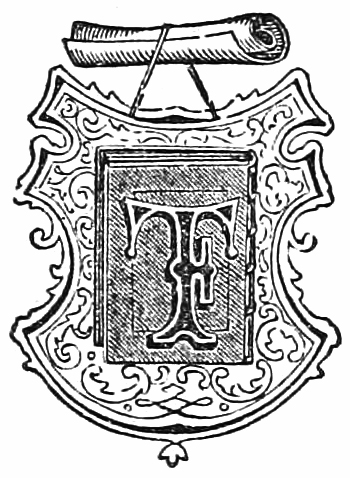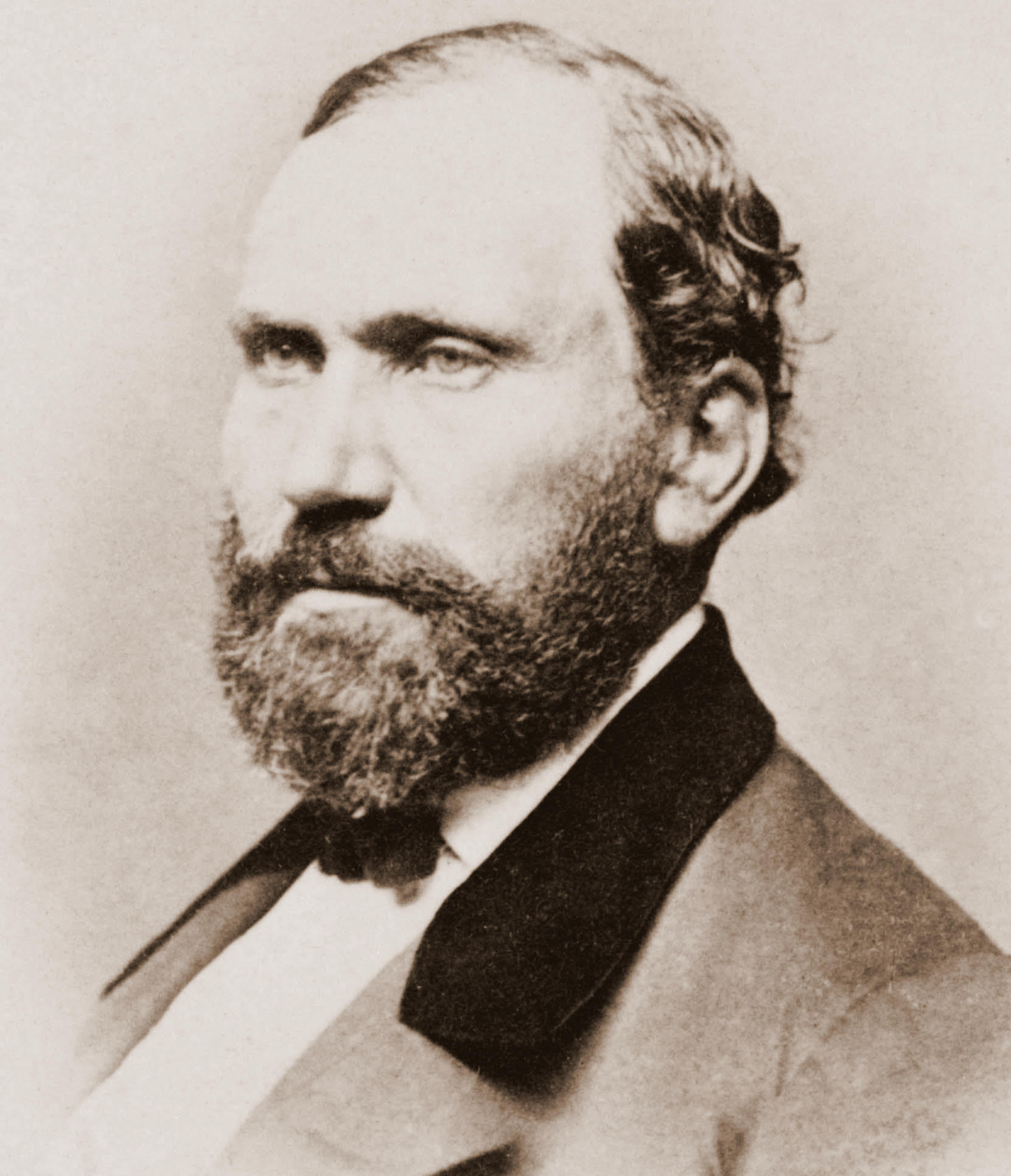|
Lace And Whiskey
''Lace and Whiskey'' is the third solo and tenth overall studio album by American rock singer Alice Cooper, released on April 29, 1977 by Warner Bros. Records. Background After many years of portraying a dark and sinister persona Alice Cooper decided to try something new and donned the persona of a heavy drinking comic PI named "Maurice Escargot" — a fictional character in the same vein as Inspector Clouseau. Cooper is pictured as Escargot on the back cover of ''Lace and Whiskey'', which was still a rock-based album but was stylistically influenced by Cooper's love for 1940s' and 1950s' movies and music. The album only peaked at No. 42 in the US and No. 33 in the UK Albums Chart. The album's lead single, " You and Me", was an easy listening ballad which provided Cooper with his last US top-ten single for twelve years. “(No More) Love at Your Convenience”, a disco-inspired pop song, was released as the second single — it did not chart in most countries. Music videos wer ... [...More Info...] [...Related Items...] OR: [Wikipedia] [Google] [Baidu] |
Alice Cooper
Alice Cooper (born Vincent Damon Furnier, February 4, 1948) is an American rock singer whose career spans over five decades. With a raspy voice and a stage show that features numerous props and stage illusions, including pyrotechnics, guillotines, electric chairs, fake blood, reptiles, baby dolls, and dueling swords, Cooper is considered by many music journalists and peers to be "The Godfather of Shock Rock". He has drawn equally from horror films, vaudeville, and garage rock to pioneer a macabre and theatrical brand of rock designed to shock audiences. Originating in Phoenix, Arizona, in 1964, "Alice Cooper" was originally a band with roots extending back to a band called the Earwigs, consisting of Furnier on vocals and harmonica, Glen Buxton on lead guitar, and Dennis Dunaway on bass guitar and backing vocals. By 1966, Michael Bruce on rhythm guitar joined the three and Neal Smith was added on drums in 1967. The five named the band "Alice Cooper", and Furnier eventually ... [...More Info...] [...Related Items...] OR: [Wikipedia] [Google] [Baidu] |
Ticknor & Fields
Ticknor and Fields was an American publishing company based in Boston, Massachusetts. Founded as a bookstore in 1832, the business would publish many 19th century American authors including Ralph Waldo Emerson, Nathaniel Hawthorne, Henry James, Henry Wadsworth Longfellow, Harriet Beecher Stowe, Henry David Thoreau, and Mark Twain. It also became an early publisher of ''The Atlantic Monthly'' and ''North American Review''. The firm was named after founder William Davis Ticknor and apprentice James T. Fields, although the names of additional business partners would come and go, notably that of James R. Osgood in the firm's later years. Financial problems led Osgood to merge the company with the publishing firm of Henry Oscar Houghton in 1878, forming a precursor to the modern publisher Houghton Mifflin Harcourt. Houghton Mifflin revived the Ticknor and Fields name as an imprint from 1979 to 1989. Company history Early years In 1832 William Davis Ticknor and John All ... [...More Info...] [...Related Items...] OR: [Wikipedia] [Google] [Baidu] |
Disco
Disco is a genre of dance music and a subculture that emerged in the 1970s from the United States' urban nightlife scene. Its sound is typified by four-on-the-floor beats, syncopated basslines, string sections, brass and horns, electric piano, synthesizers, and electric rhythm guitars. Disco started as a mixture of music from venues popular with Italian Americans, Hispanic and Latino Americans and Black Americans "'Broadly speaking, the typical New York discothèque DJ is young (between 18 and 30) and Italian,' journalist Vince Lettie declared in 1975. ..Remarkably, almost all of the important early DJs were of Italian extraction .. Italian Americans have played a significant role in America's dance music culture .. While Italian Americans mostly from Brooklyn largely created disco from scratch .." in Philadelphia and New York City during the late 1960s and early 1970s. Disco can be seen as a reaction by the 1960s counterculture to both the dominance of rock music ... [...More Info...] [...Related Items...] OR: [Wikipedia] [Google] [Baidu] |
Ballad
A ballad is a form of verse, often a narrative set to music. Ballads derive from the medieval French ''chanson balladée'' or ''ballade'', which were originally "dance songs". Ballads were particularly characteristic of the popular poetry and song of Britain and Ireland from the Late Middle Ages until the 19th century. They were widely used across Europe, and later in Australia, North Africa, North America and South America. Ballads are often 13 lines with an ABABBCBC form, consisting of couplets (two lines) of rhymed verse, each of 14 syllables. Another common form is ABAB or ABCB repeated, in alternating eight and six syllable lines. Many ballads were written and sold as single sheet broadsides. The form was often used by poets and composers from the 18th century onwards to produce lyrical ballads. In the later 19th century, the term took on the meaning of a slow form of popular love song and is often used for any love song, particularly the sentimental ballad of pop or roc ... [...More Info...] [...Related Items...] OR: [Wikipedia] [Google] [Baidu] |
Easy Listening
Easy listening (including mood music) is a popular music genre and radio format that was most popular during the 1950s to 1970s. It is related to middle-of-the-road (MOR) music and encompasses instrumental recordings of standards, hit songs, non-rock vocals and instrumental covers of selected popular rock songs. It mostly concentrates on music that pre-dates the rock and roll era, characteristically on music from the 1940s and 1950s. It was differentiated from the mostly instrumental beautiful music format by its variety of styles, including a percentage of vocals, arrangements and tempos to fit various parts of the broadcast day. Easy listening music is often confused with lounge music, but while it was popular in some of the same venues it was meant to be listened to for enjoyment rather than as background sound. History The style has been synonymous with the tag "with strings". String instruments had been used in sweet bands in the 1930s and was the dominant sound track ... [...More Info...] [...Related Items...] OR: [Wikipedia] [Google] [Baidu] |
Lead Single
A lead single (also known as a debut single) is the first single to be released from a studio album by an artist or a band, usually before the album itself is released and also occasionally on the same day of the album's release date. Release strategies Artists often choose songs that are more up-tempo, yet representative of the album's sound, as lead singles. Such songs are often catchier and attract the attention of listeners. The subsequent single might then be slower in tempo, in order to demonstrate the range of the album. Female vocalists like Mariah Carey and Christina Aguilera often maintain a formula of an up-tempo first lead single with a slow ballad follow-up. For example, two singles were released by Miley Cyrus before her album ''Bangerz'' - an up-tempo track called, "We Can't Stop" was released as the first single, and a slow-ballad song, "Wrecking Ball" as the second. This was a successful practice of 1980s heavy metal bands. Girls Aloud chose to use " The Show ... [...More Info...] [...Related Items...] OR: [Wikipedia] [Google] [Baidu] |
UK Albums Chart
The Official Albums Chart is a list of albums ranked by physical and digital sales and (from March 2015) audio streaming in the United Kingdom. It was published for the first time on 22 July 1956 and is compiled every week by the Official Charts Company (OCC) on Fridays (previously Sundays). It is broadcast on BBC Radio 1 (top 5) and found on the OCC website as a Top 100 or on UKChartsPlus as a Top 200, with positions continuing until all sales have been tracked in data only available to industry insiders. However, even though number 100 was classed as a hit album (as in the case of The Guinness Book of British Hit Albums) in the 1980s until January 1989, since the compilations were removed this definition was changed to Top 75 with follow-up books such as The Virgin Book of British Hit Albums book only including this data. As of 2021, the OCC still only tracks how many UK Top 75s album hits and how many weeks in Top 75 albums chart each artist has achieved. To qualify for the Offi ... [...More Info...] [...Related Items...] OR: [Wikipedia] [Google] [Baidu] |
Rock Music
Rock music is a broad genre of popular music that originated as " rock and roll" in the United States in the late 1940s and early 1950s, developing into a range of different styles in the mid-1960s and later, particularly in the United States and United Kingdom.W. E. Studwell and D. F. Lonergan, ''The Classic Rock and Roll Reader: Rock Music from its Beginnings to the mid-1970s'' (Abingdon: Routledge, 1999), p.xi It has its roots in 1940s and 1950s rock and roll, a style that drew directly from the blues and rhythm and blues genres of African-American music and from country music. Rock also drew strongly from a number of other genres such as electric blues and folk, and incorporated influences from jazz, classical, and other musical styles. For instrumentation, rock has centered on the electric guitar, usually as part of a rock group with electric bass guitar, drums, and one or more singers. Usually, rock is song-based music with a time signature using a verse–chorus form, ... [...More Info...] [...Related Items...] OR: [Wikipedia] [Google] [Baidu] |
Inspector Clouseau
Inspector Jacques Clouseau (), later granted the rank of Chief Inspector, is a fictional character in Blake Edwards' farcical ''The Pink Panther'' series. He is portrayed by Peter Sellers in the original series, and also by Alan Arkin in the 1968 film ''Inspector Clouseau'' and, in a cameo, by Roger Moore (credited as Turk Thrust II) in the 1983 film ''Curse of the Pink Panther''. In the 2006 remake and its 2009 sequel, Clouseau is portrayed by Steve Martin. Clouseau's likeness also appears in the Pink Panther animated cartoon shorts and segments, where he is known as simply "the Inspector". More recent animated depictions from the 1970s onward were redesigned to more closely resemble Sellers, and later Martin. Character Overview Clouseau is an inept and incompetent police detective in the French Sûreté, whose investigations quickly turn to chaos. His absent-mindedness almost always leads to destruction of property: while interviewing witnesses in ''The Pink Panther St ... [...More Info...] [...Related Items...] OR: [Wikipedia] [Google] [Baidu] |
Character (arts)
In fiction, a character (or speaker, in poetry) is a person or other being in a narrative (such as a novel, play, radio or television series, music, film, or video game). The character may be entirely fictional or based on a real-life person, in which case the distinction of a "fictional" versus "real" character may be made. Derived from the Ancient Greek word , the English word dates from the Restoration, although it became widely used after its appearance in '' Tom Jones'' by Henry Fielding in 1749. From this, the sense of "a part played by an actor" developed.Harrison (1998, 51-2) quotation: (Before this development, the term ''dramatis personae'', naturalized in English from Latin and meaning "masks of the drama," encapsulated the notion of characters from the literal aspect of masks.) Character, particularly when enacted by an actor in the theatre or cinema, involves "the illusion of being a human person". In literature, characters guide readers through their stories, helpi ... [...More Info...] [...Related Items...] OR: [Wikipedia] [Google] [Baidu] |
Detective
A detective is an investigator, usually a member of a law enforcement agency. They often collect information to solve crimes by talking to witnesses and informants, collecting physical evidence, or searching records in databases. This leads them to arrest criminals and enable them to be convicted in court. A detective may work for the police or privately. Overview Informally, and primarily in fiction, a detective is a licensed or unlicensed person who solves crimes, including historical crimes, by examining and evaluating clues and personal records in order to uncover the identity and/or whereabouts of criminals. In some police departments, a detective position is achieved by passing a written test after a person completes the requirements for being a police officer. In many other police systems, detectives are college graduates who join directly from civilian life without first serving as uniformed officers. Some argue that detectives do a completely different job and th ... [...More Info...] [...Related Items...] OR: [Wikipedia] [Google] [Baidu] |
Comedy
Comedy is a genre of fiction that consists of discourses or works intended to be humorous or amusing by inducing laughter, especially in theatre, film, stand-up comedy, television, radio, books, or any other entertainment medium. The term originated in ancient Greece: in Athenian democracy, the public opinion of voters was influenced by political satire performed by comic poets in theaters. The theatrical genre of Greek comedy can be described as a dramatic performance pitting two groups, ages, genders, or societies against each other in an amusing '' agon'' or conflict. Northrop Frye depicted these two opposing sides as a "Society of Youth" and a "Society of the Old". A revised view characterizes the essential agon of comedy as a struggle between a relatively powerless youth and the societal conventions posing obstacles to his hopes. In this struggle, the youth then becomes constrained by his lack of social authority, and is left with little choice but to resort to ruses w ... [...More Info...] [...Related Items...] OR: [Wikipedia] [Google] [Baidu] |






